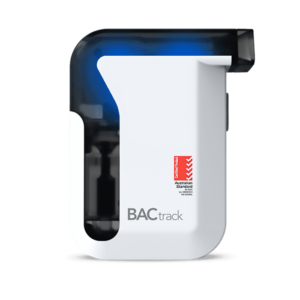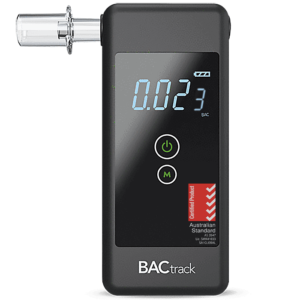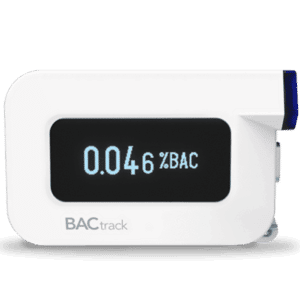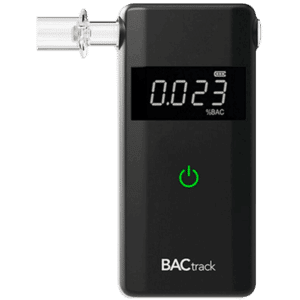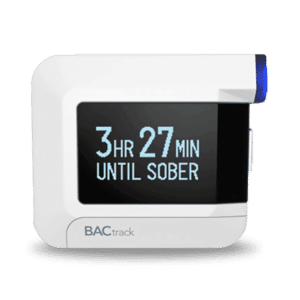Drug and Alcohol Policy Onboard Ships: Overview
14 November, 2023

The safety and well-being of shore staff and passengers on board ships are of utmost importance. One crucial aspect of maintaining a safe environment on board is having a strict drug and alcohol policy onboard ship in place. To address these, the shipping industry implements a zero-tolerance policy when it comes to illegal drugs. Similarly, it also prohibits excessive alcohol consumption. Thus, policy on board may also include testing procedures, types of tests, and the consequences of violation.
The maritime industry is highly regulated due to its sensitive role. The risks associated with illegal substance abuse among seafarers can have severe consequences. This can range from accidents and injuries to compromises in navigation and security. As a result, shipping companies have prevention measures to address these issues and maintain a safe working environment. This article will present the guidelines, its regulations, and the types of substances prohibited.
What is the Drug and Alcohol Policy Onboard Ships
Drug and alcohol policy onboard ships are a set of rules and guidelines. This governs the consumption of alcohol and drug abuse by crew cabins while at sea. It is put in place to ensure the safety, efficiency, and well-being of everyone. Accordingly, it generally prohibits illicit drug possession, distribution, and use. This applies to all members as well as visitors who come aboard.
Subsequently, alcohol on board a ship is usually permissible but within specific limits. Crew members are often allowed to enjoy alcoholic beverages during certain times and areas. However, alcohol abuse or irresponsible drinking is not acceptable as it can compromise safety, impair judgment, and lead to accidents.
The policy typically includes regular tests from shore and searches to detect and prevent the use or possession of hazardous substances. Crews and fellow seafarers may undergo pre-employment, reasonable suspicion, incident investigation procedures, and random testing. Additionally, the type of test may include saliva, urine, blood, hair, and a breathalyser for alcohol testing.
Purpose of Implementation
- Safety – by strictly prohibiting the use of illicit substances, the policy aims to minimise the risk of performance impairment and prevent potential disasters.
- Health and well-being – the guideline promotes a healthy and responsible lifestyle for crew members. Thus, it can lead to better overall morale, productivity, and job satisfaction.
- Prevention of breaches in security – it helps to minimise involvement in unlawful activities that could endanger the ship, its cargo, or its passengers.
- Compliance with legal and regulatory requirements – ships are subject to various international and national laws. Therefore, the policy can help to avoid any potential legal liabilities.

Regulations for Crew Members in the Drug and Alcohol Policy Onboard Ships
The regulations for crew managers and its members in the drug and alcohol policy onboard ships are put in place due to several factors. Hence, it is established to provide clear expectations, promote safety, and maintain a drug and alcohol-free work environment. Aside from the prohibition of drugs, the limitation of alcohol, and testing processes, disciplinary procedures may arise in the policy.
Such an action outlines the potential consequences for the violation of the guidelines. Correspondingly, many policies include provisions for education and awareness programs. These adequate measures aim to educate crew members about the dangers of illicit substances and their impact on health and the workplace. In some cases, it may include assistance for rehabilitation and support.
Furthermore, the policy typically emphasises the importance of confidentiality. Ensuring anonymity and protecting informants encourages workers to come forward. As a result, it leads to early detection and prevention of substance abuse problems. Also, the policy ensures that employees are aware of their legal obligations and reinforces the importance of adherence.
Disciplinary Actions for Violators
As an initial step, violators may receive verbal or written warnings with counselling sessions. This approach addresses the issues early and provides guidance. In more serious cases or repeating offences, employment suspension may occur. During this period, the worker is temporarily out of duties and responsibilities. This allows time for deterrent, reflection, and rectification of behaviour.
If the violation is severe, dismissal from employment may be necessary. This is often the last resort and involves permanent termination. Also, depending on jurisdiction, violators may face legal consequences. This can include fines, criminal charges, or other legal penalties.
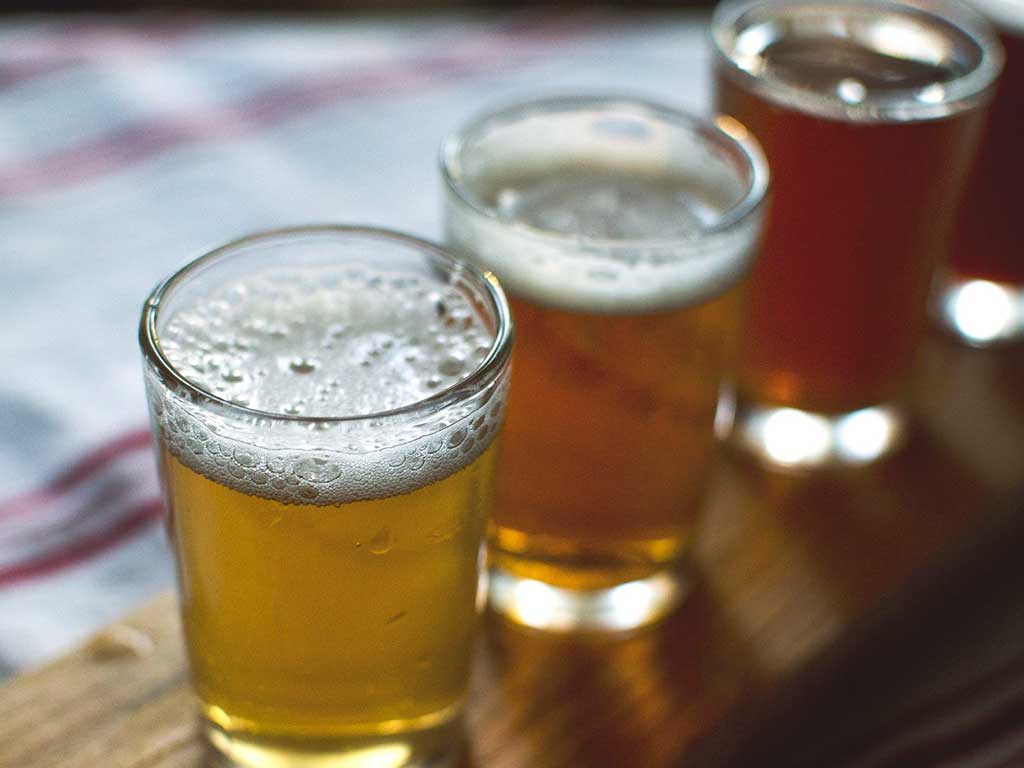
Types of Substances Prohibited by the Drug and Alcohol Policy Onboard Ships
The drug and alcohol policy onboard ships have strict regulations concerning the substances that are prohibited. Firstly, the guideline typically prohibits the excessive consumption of ethanol or alcoholic drinks. Hence, an exception may occur, such as drinking in allowable areas and time. This is to prevent impairment that can affect judgment, coordination, vision, and reaction time.
Secondly, the use, possession, or trafficking of illegal drugs is strictly forbidden. Examples of illicit drugs include marijuana, cocaine, heroin, and methamphetamines. Such substances can impair cognitive function, coordination, and decision-making abilities. While the policy may not prohibit prescribed drugs, it typically requires workers to disclose any medications.
Moreover, the policy may also extend to prohibit the use or possession of performance-enhancing drugs. These substances are common to enhance physical performance, but they can pose serious health risks. In addition, the regulation may extend the prohibition to other substances that have the potential to impair judgment. This may include synthetic drugs, hallucinogens, and amphetamines.
Legitimate and Permitted Limits of Prescription Substances
Onboard ship policy generally requires crew members to disclose any prescription medication. These actions help to ensure transparency and allow the personnel department to maintain accurate records. The guideline also recognises that workers may require prescription drugs to manage various health conditions. For instance, medications for chronic illnesses, mental health conditions, or pain management.
Workers are expected to follow instructions for their medications and not misuse it. This includes the kind of medicine, dosage, frequency, and timing of intake. Also, the policy may require a crew to refrain from duties while under the influence of certain prescription medications.
Conclusion
Overall, drug and alcohol policy onboard ships is a crucial approach for the safety of crew members and passengers. These guidelines show that there are clear protocols in place to prevent and address substance abuse issues. Crews may undergo pre-employment, random, post-accident, or reasonable cause testing. Accordingly, the procedure may use saliva, urine, hair, blood, or breath samples. The policy may also prohibit the use or possession of ethanol, marijuana, cocaine, prescription medicines, and performance-enhancing drugs.
Nevertheless, it is crucial to know the disciplinary measures for violators. This may include verbal or written warnings, suspension, termination, or legal liabilities. By enforcing the policy, ship operators can minimise the risk of accidents, maintain a professional work environment, and protect the reputation of their company. Thus, all stakeholders need to understand the policy to ensure the smooth operation of the ship and the welfare of everyone on board.


















